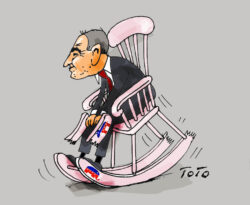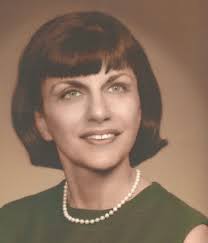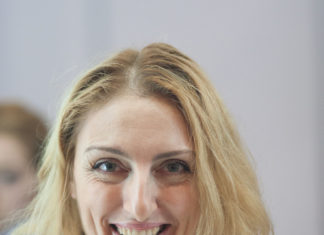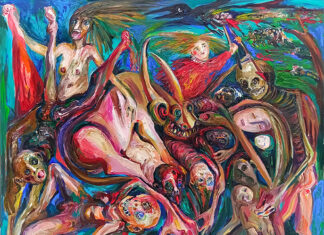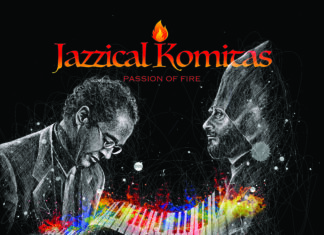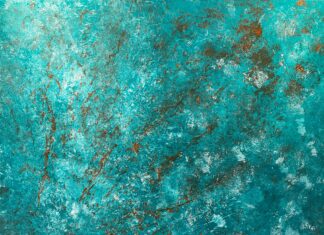ARLINGTON, Mass. — While science expands our understanding of our environment and the universe, poetry, since time immemorial, has nurtured the minds, souls and imagination of humanity with universal ideals. For more than five decades, Armenians in general and the Armenian-American community in particular had the fortune of enjoying in their midst the impressive career, “a rare and enormous talent,” poet Diana Der Hovanessian.
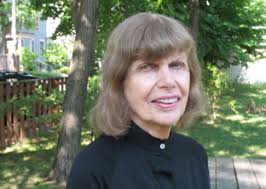
On Sunday, November 4 at 3 p.m., the Armenian Cultural Foundation and the New England Poetry Club in collaboration with eight Boston area cultural organizations: Amaras Art Alliance, Armenian General Benevolent Union – New England, Armenian International Women’s Association, Armenian Museum of America, The Friends of the Longfellow House, Hamazkaine Armenian Cultural and Educational Society, National Association for Armenian Studies and Research and Tekeyan Cultural Association of the United States and Canada will pay tribute to the life and literary legacy of Diana Der Hovanessian.
Born in Worcester, the oldest Armenian community in America, Diana Der Hovanessian, grew up in a traditional Armenian family, including her grandparents, until age 5. The youngest of three daughters and a son born to John Der Hovanessian and Mariam Israelian, her paternal grandparents were originally from Tadem, Kharpert, Western Armenia, while her maternal grandparents were from Worcester. Her parents’ families, on both sides, were wiped out during the 1915 Armenian Genocide. Diana’s upbringing shaped her early life as her family prospered and helped waves of Armenian immigrants to find work and attend school.
Reading in general and recitation of poetry were integral parts of the Der Hovanessian family culture. Diana’s first exposure to poetry came through the words of the martyred Armenian poets Daniel Varoujan and Siamanto. Her father recited their poems in Armenian, while her mother acquainted her with American and English poetry by literary giants such as Henry Wadsworth Longfellow. All of the Der Hovanessian children, according to Diana, were not only encouraged but “expected to write poems for gifts for special days.”
To further her education, she attended Boston University, where she obtained an A.B. in literature. Later as a graduate student at Harvard she studied with Robert Lowell. Concurrently she worked as a journalist for the Medford Mercury. Later in New York City, she was a writer for the Associated Press and then for a young people’s weekly news magazine called Young America.
Moving to Cambridge, Mass., where she lived for the rest of her life, Diana began writing and publishing poems in various newspapers and magazines. Over the years more than 25 books of her poetry and translations were published, including How to Choose Your Past, Songs of Bread, Songs of Salt, and Dancing at the Monastery. She taught American literature, poetry, and translation, and also conducted poetry workshops in various academic institutions, including her alma mater Boston University, Stetson University, Bard College, Columbia University, the University of Connecticut, the University of Pennsylvania, Temple University, and Yerevan State University, Armenia.
